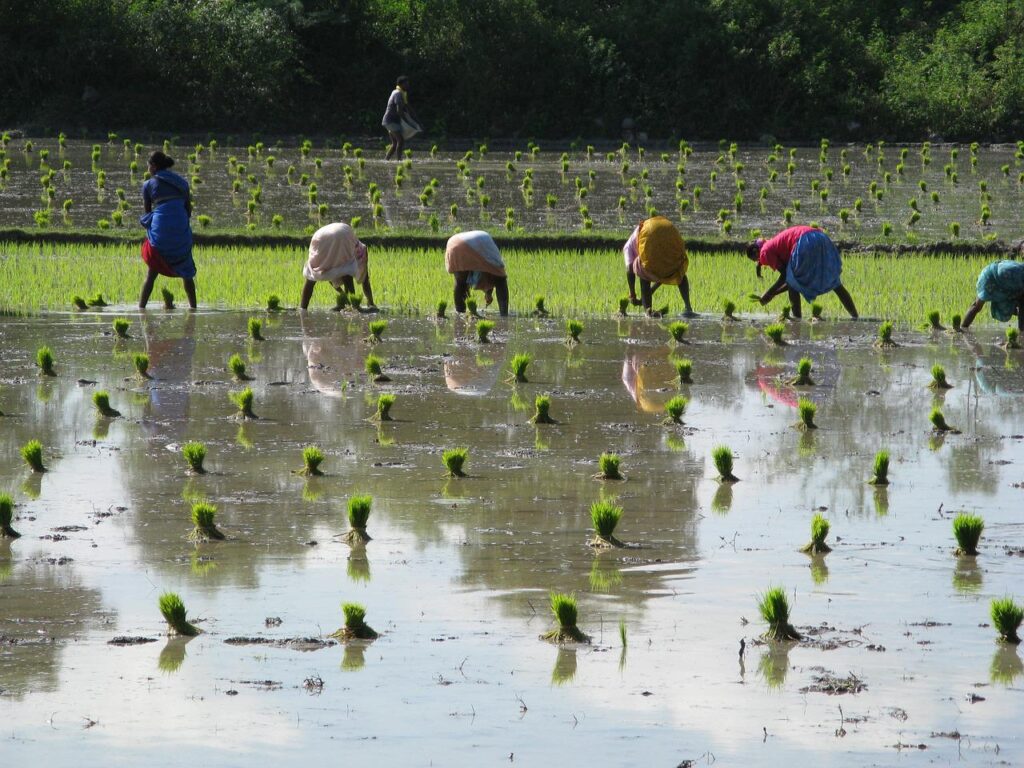Why The Price Of Rice Could Soon Skyrocket
A new tax India has placed on its rice exports will cause rice prices globally to soar.
This article is more than 2 years old
Families are facing record high inflation right now, with the cost of everyday goods skyrocketing. From the gas pump to the grocery store aisle, shoppers can’t seem to catch a break. Unfortunately, things may soon get worse. Thanks to news out of India, the world may soon see a drastic increase in rice prices.
India is the world’s leading exporter of rice – of all kinds. They ship out roughly 40% of the world’s rice supply annually. Humans and animals rely, at least in part, upon rice grown and processed in India. While the largest importers of the grain are the Philippines and China, the US also relies on India to help supply our shelves. Now, thanks to a new tax the country implemented this week, global rice prices will likely soar.
On Thursday, India’s Finance Ministry announced that shipments of certain rice varieties would get taxed by a whopping 20%. The new export tax is effective as of today. And it comes on the heels of news that the country would ban 100% of broken rice exports, which is in animal feed. With such a high tax burden, those importing rice from India will likely pass along the cost. That means – higher rice prices for consumers.
Shoppers had already braced themselves for a blow to items containing wheat and corn thanks to the war in Ukraine. Since that region exports large amounts of both staples, it made sense that the supply and price of these commodities would jump. During that tumultuous period, the global rice supply remained relatively stable, which meant rice prices also did. Now that may change.

One of the reasons behind India’s new tax is a significant drop in supply, according to Business Insider. The country experienced horrible drought conditions that struck right during the height of their growing season. It made growing rice difficult and drastically reduced the amount they were ultimately able to produce. So, those conditions set them up for greater demand than they could reasonably meet. Now, anyone who can pay the exorbitant tax will have first dibs on India’s supply. And the increased tax they pay is expected to impact rice prices worldwide.
An additional concern is the cessation of broken rice sales. Broken rice largely gets placed into animal feed, giving it a vital role in the global food supply. Farmers and ranchers use a tremendous amount of animal feed every year. With some of the main ingredients, such as grain and corn, seeing record high prices, the news out of India is a major blow. And with rice prices likely to increase, feed producers will have to take a hard look at their ingredient deck.
Consumers don’t often think about the steps of the growing, sourcing, and production of their commodities. It is easy to grab what you need off the shelf and move on. We have all relied on a smooth global supply chain with relatively stable prices over the years. Now customers will get another hard lesson in economics when rice prices increase.





